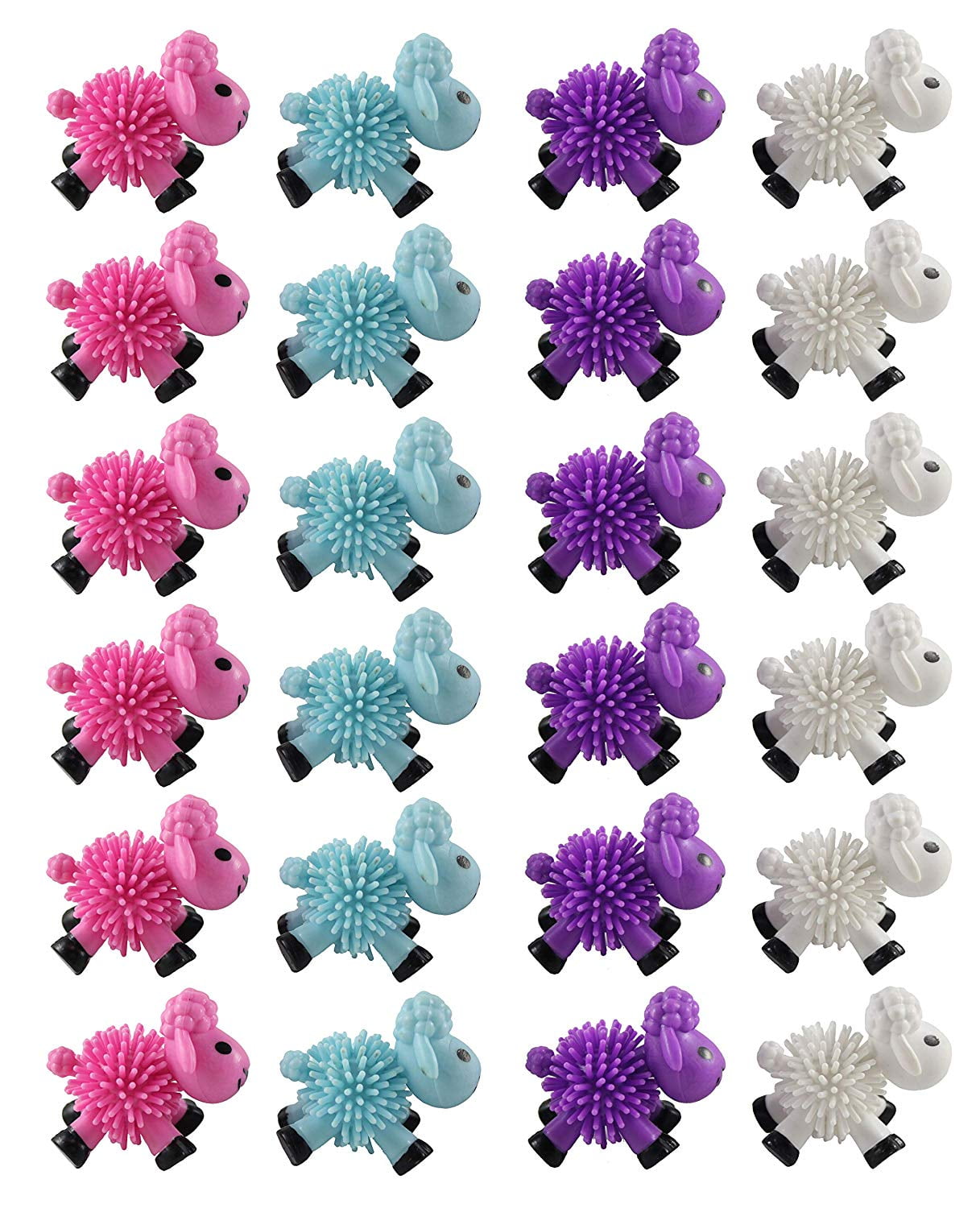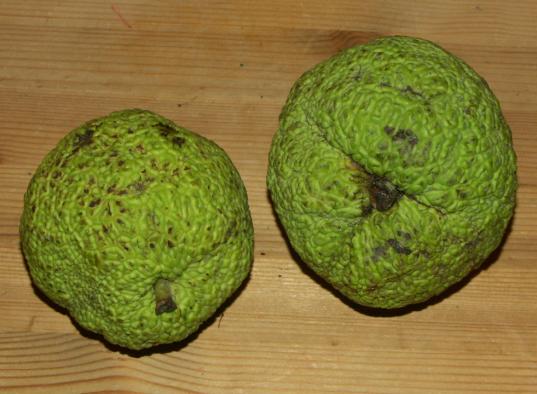
Sprinkle cinnamon around your home or use a cinnamon spray on pine cones and place them around the inside base of your house. Be sure to get those cracks and crevices in the floor, especially by the doors, and repeat once a week. Spray in cabinets, closets, corners and window sills. Spray it directly on the spiders, their cobwebs and any place you usually find them. Vinegar has so many natural uses and deterring spiders is just one of them.Īdd equal parts of vinegar and water in a spray bottle and shake well to combine. Smash up your remaining chunks of orange peel using a pestle to release the citrus scent and then sprinkle those in places like cabinets, under the sink and other areas where spiders frequently enter or are seen. In the morning, strain the chunks and then add a quarter-cup of witch hazelto the water.Īdd the mixture to a spray bottle and shake well. Place half of the chunks into a medium saucepan and then pour one cup of boiling water over them. Peel off your orange (or other citrus fruit) and then cut the peel into small chunks. Mix together to incorporate and pour into a spray bottle. Tea Tree/Neem OilĪdd two tablespoons of dish soap into 2 cups of warm water add 5 drops of tea tree oil and 1 oz. They will also repel spider mites in around your flowers. The dried seeds of cilantro can be sprinkled in flower beds close to your home. The spiders do not like the strong smell and will find other locations to hide. Sprinkle eucalyptus sprigs around the outdoor perimeter of the house to help repel spiders. Place mixture in a glass spray bottle and spray the outer door frames and window sills once a week.

Garlic Repellant SprayĬreate garlic repellant spray by putting two or three cloves of garlic in a pot of boiling water. Be sure to only use 100% pure peppermint essential oil.

Spray the bags with the peppermint/water mixture once a week. We place them by the doors, under cabinets or sinks, and around any cracks and crevices that spiders could enter. Another way to use peppermint essential oil is by dabbing 5-6 drops onto ground up corn cobs or cotton balls, and then placing them in cloth favor bags strategically around your house. Allow to cool and place in a glass spray bottle.Īpply the repellent along window sills, doors and other locations and areas used by spiders for coming inside the house. One of our favorite natural methods to deter spiders is with peppermint oil mixed with water.Īdd 5 drops per cup of heated, but not boiling, water. Use Peppermint Essential Oils on ground up corn cobs or cotton balls and place in cloth favor bags around your home.

you need to test out an area to make sure it is safe for your surface. Some of the below tactics require using a natural deterrent spray, so before using it on carpet, wood, furniture, etc. Of course each method may not be 100% effective, so we use a combination of these methods each year. No harsh chemical sprays, no exterminators, just natural methods to keep our home spider free. In order to make it through the winter months, we try to prevent them from entering our home using natural methods to deter spiders. We know that some spiders are beneficial for insect control, but once they come inside the house, the friendship quickly ends for most of us. Unfortunately, that means we find them hiding in the corners of our rooms and in and under everything that they can find.

#HEDGE BALLS HOW TO#
Find out how to naturally deter them from entering your home.īecause spiders can’t close up their outdoor living environment, and obviously don’t wear clothes, they find their winter time refuge in the warm homes around where they live. Horses generally bypass the fruit when browsing because of its extremely hard texture and unpalatability, especially when there is other forage to satiate hunger.Spiders like to hang out in the corners of your home. Studies have shown that hedge apples are innocuous to horses when ingested. Not only will this provide peace of mind, but it might extend the life of mower blades required to slice through the fallen fruit during routine pasture maintenance. Should a horse try to swallow a hedge apple in one gulp, the same fate that often befalls cattle could transpire, so it is wise to clear pastures and fencelines of trees that bear the fruit. Inquisitive by nature and always on the qui vive for a novel morsel, cattle will sometimes try to swallow the fruit, which often grow to be larger than a softball, in one fell swoop, causing the sphere to lodge in the throat and suffocate the animal. Cattle producers know well the problems associated with hedge apples, the bright yellow-green fruit that fall from Osage orange trees ( Marclura pomifera) in mid to late autumn.


 0 kommentar(er)
0 kommentar(er)
